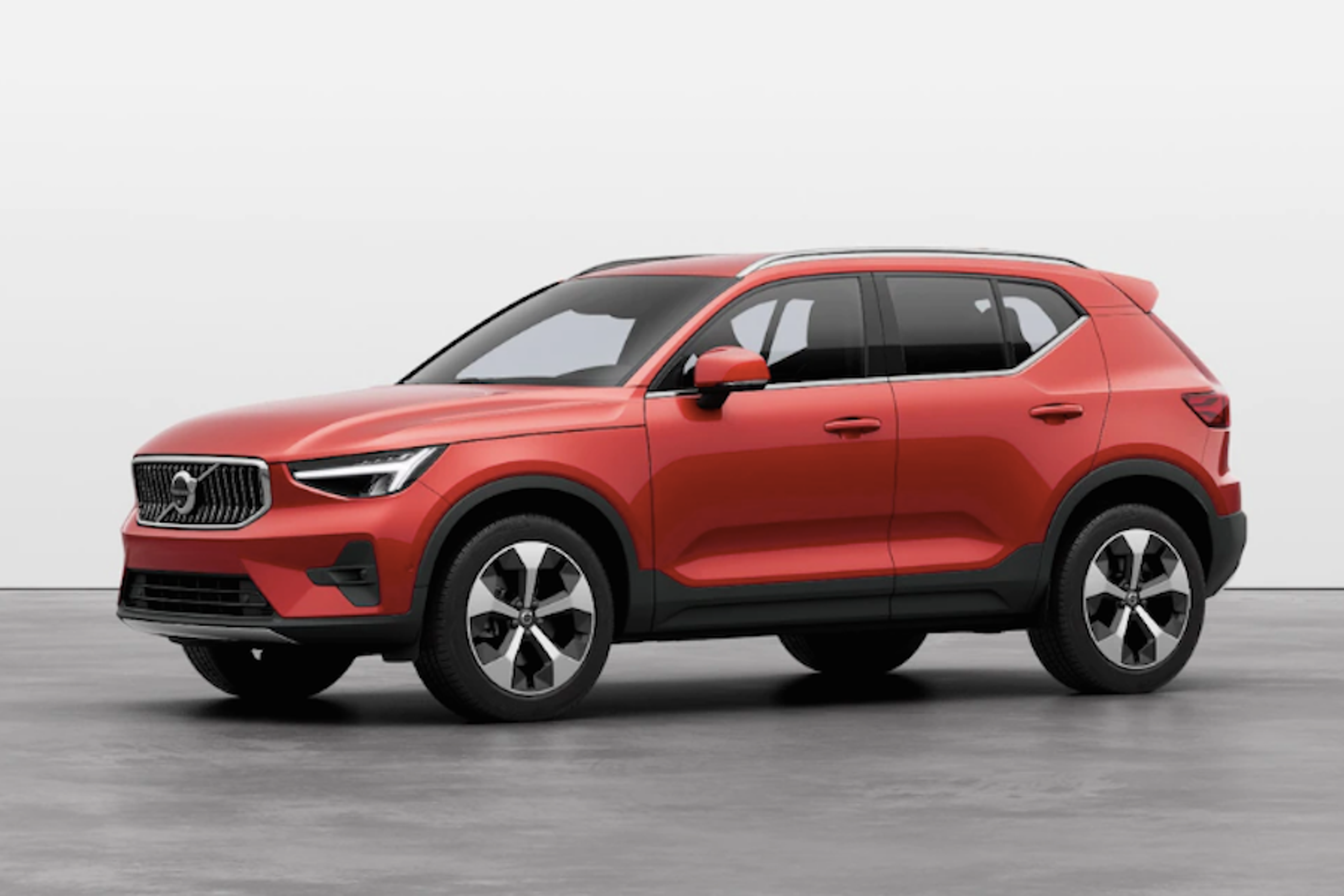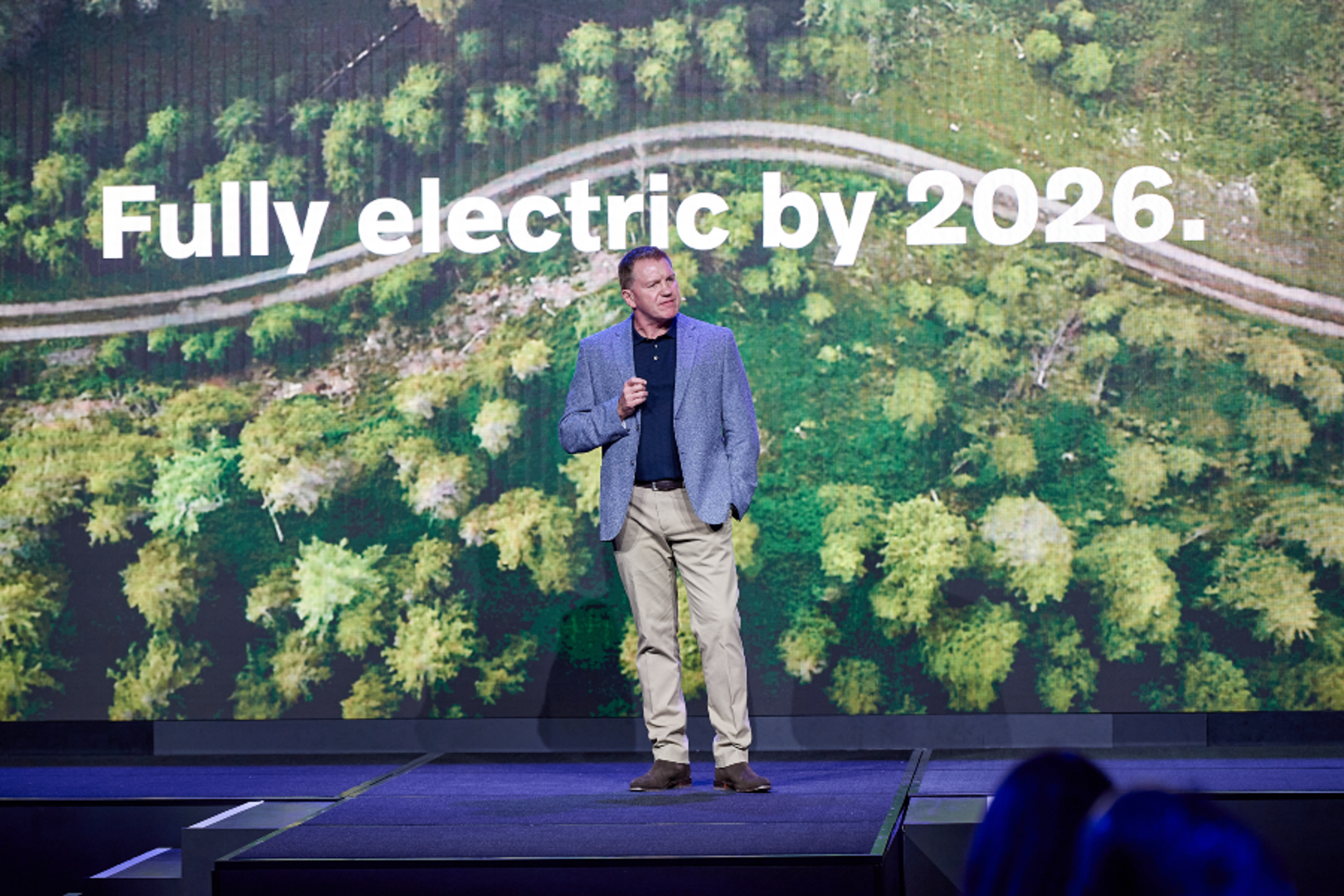Volvo Australia breaks sales record, XC40 claims top spot
Volvo Car Australia had a record-breaking year in 2022, selling more cars than ever. The XC40 claimed top spot in its class and EV sales are ramping up fast.

Volvo is making a major push to be a leader in new technologies while committing to selling only electric vehicles, but unlike rival carmakers has no plans to lock customers into subscriptions for minor software upgrades such as heated seats and faster acceleration.
The company officially opened its new technology hub in Stockholm last month, a statement of its intent to make software and tech the defining aspect of all future cars. Volvo is now recruiting hundreds of software engineers and data scientists to enable that ambition – many of whom will be based at the Stockholm tech hub, with others deployed at dedicated tech hubs in Bangalore, India and Sunnyvale US.
Volvo Car Australia sold a record amount of cars in 2022, with 10,715 registrations according to industry data, an 18.7 per cent increase on 2021.
The result came despite a challenging year for supply chains around the world and with most major economies facing growth headwinds.
Almost half of Volvo Car Australia’s record-breaking total came via its award-winning XC40. Some 5119 units sold make it Australia’s most popular SUV in the small luxury segment, outselling the likes of Audi and BMW-owned Mini within the category.
Volvo Car Australia Managing Director Stephen Connor said Volvo’s dedicated staff, retailers and global team deserve huge credit for smashing the target he set when taking the helm in 2021.
“Back then I stated 10,000 sales was very achievable for Volvo based on our consistent growth trajectory and the strength of our brand in the luxury SUV segment,” said Connor. “Our performance over the past two years has reinforced my belief that Volvo can be a consistent top three player in our segment.”
Volvo Car Australia actually sold more pure electric vehicles in December than internal combustion engine cars, according to VFACTs data. Of the 980 vehicles sold, 536 were EVs
Meanwhile, electric vehicle sales are starting to motor, nudging 14 per cent of total Volvo Car Australia 2022 sales following the launch of the C40 Recharge and the XC40 Recharge Pure Electric, with 491 new registrations and 983 new registrations respectively. That is significantly ahead of the broader Australian market, where electric vehicles made up around 3 per cent of all cars sold in 2022.
In fact, Volvo Car Australia actually sold more pure electric vehicles in December than internal combustion engine cars, according to VFACTs data. Of the 980 vehicles sold, 536 were EVs.

Connor is backing electric vehicle (EV) sales to continue driving growth over the next three years, with Volvo Car Australia committed to selling only EVs by 2026, four years ahead of the carmaker’s global target.
“There is no long-term future for cars with an internal combustion engine. Instead of investing in a shrinking business, we choose to invest in the future, which is fully electric,” he said.
“The earlier deadline will allow us to meet the expectations of our Australian customers and be a part of the solution when it comes to fighting climate change. Sustainability is now as important as safety to us, with climate action having the highest priority.”